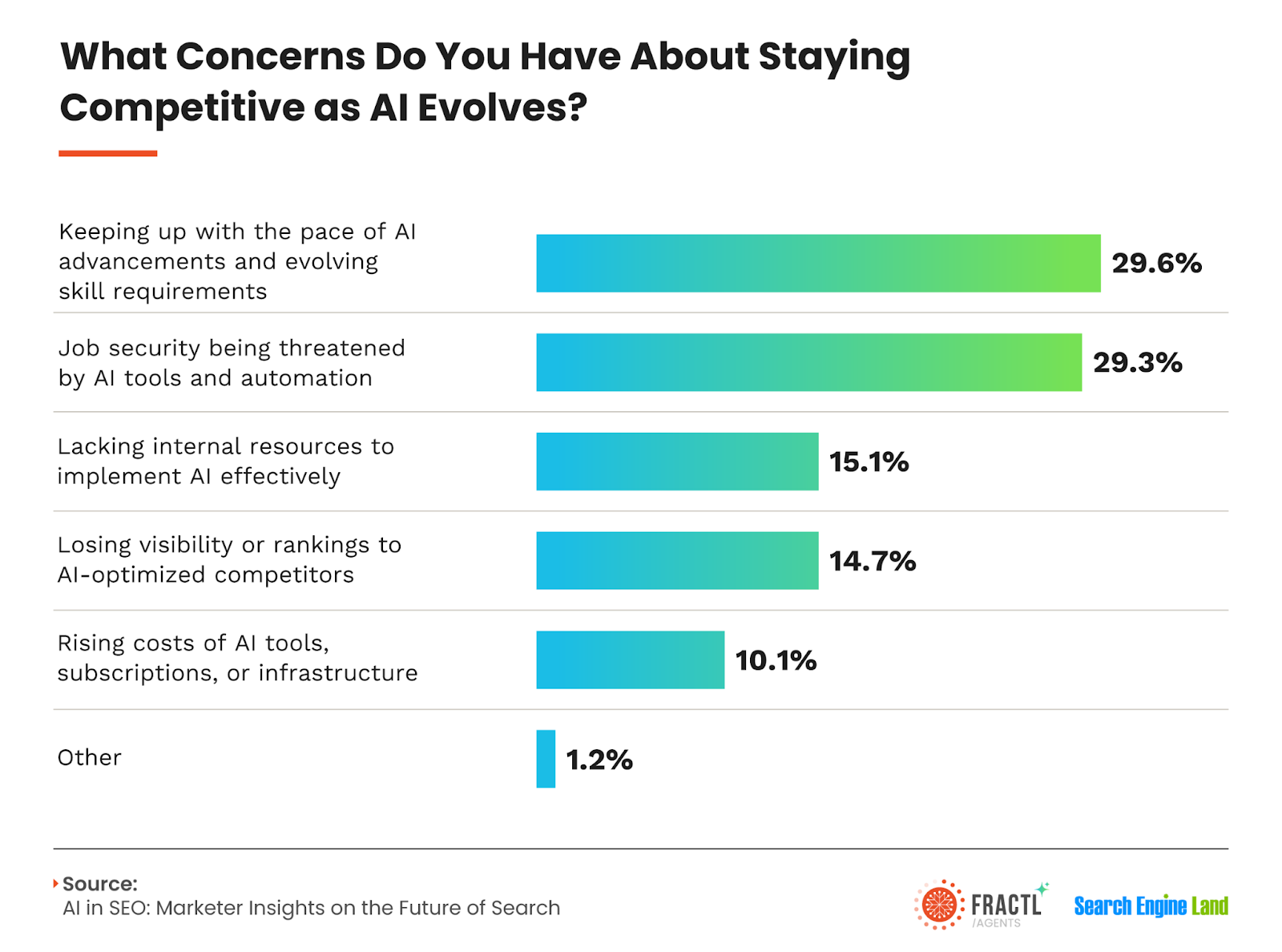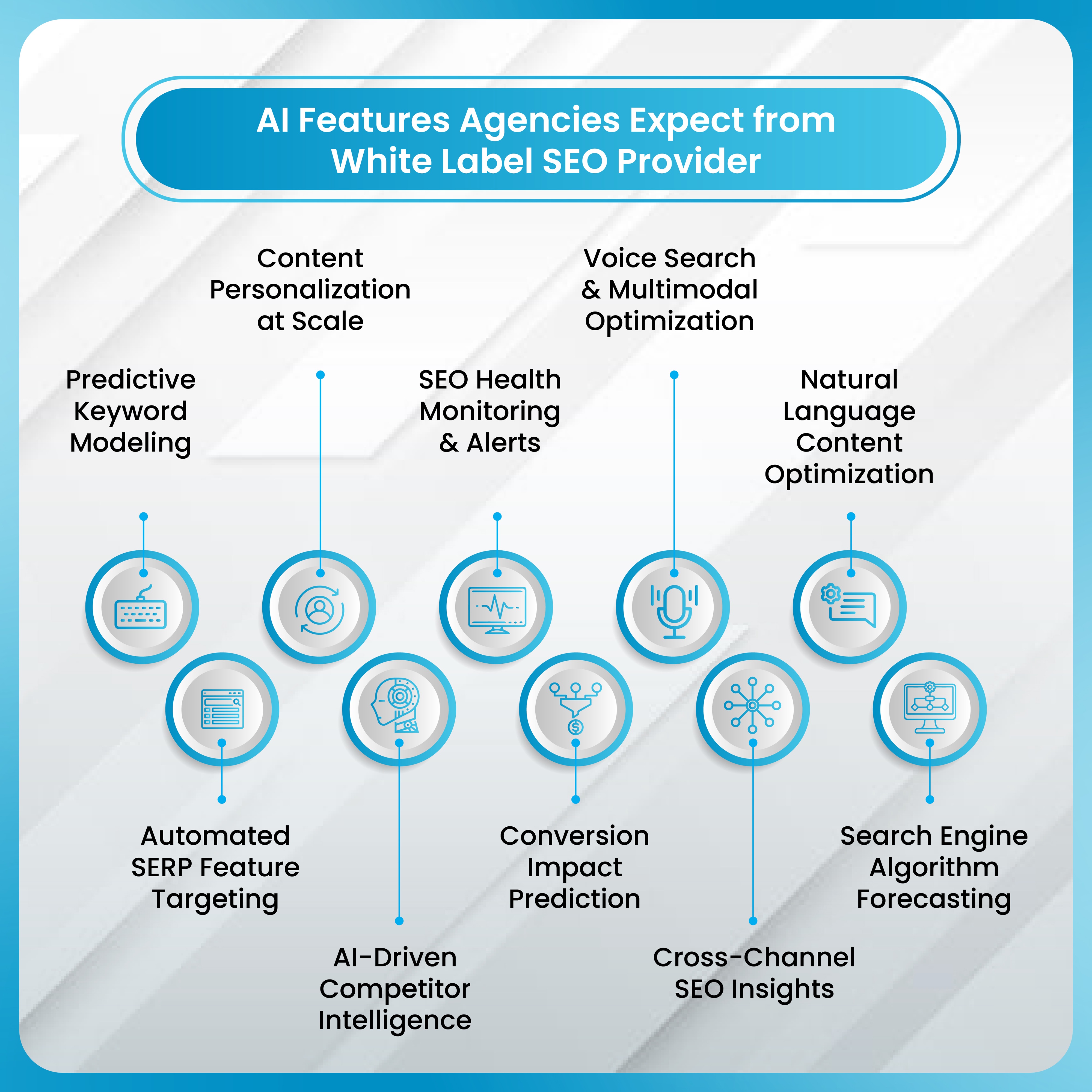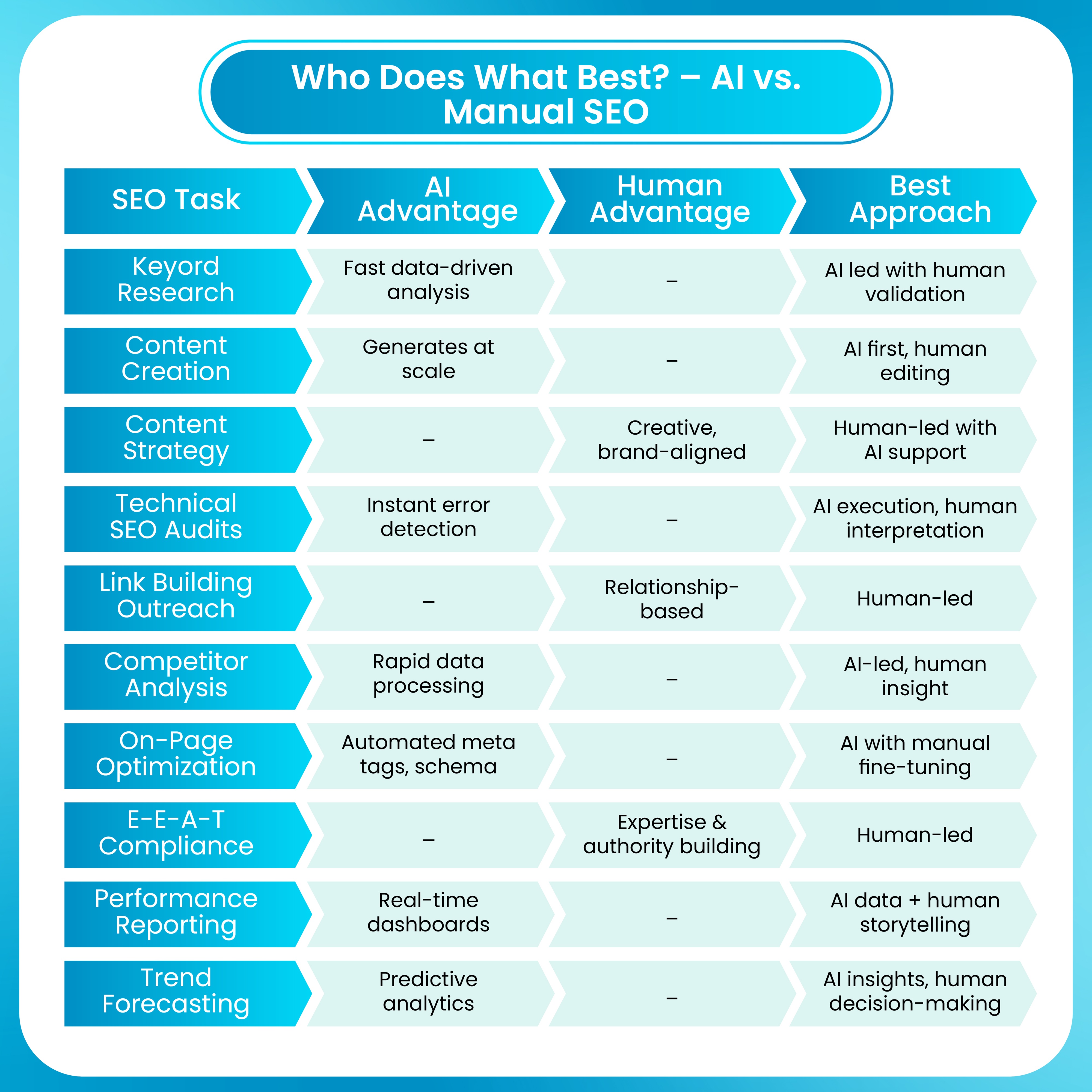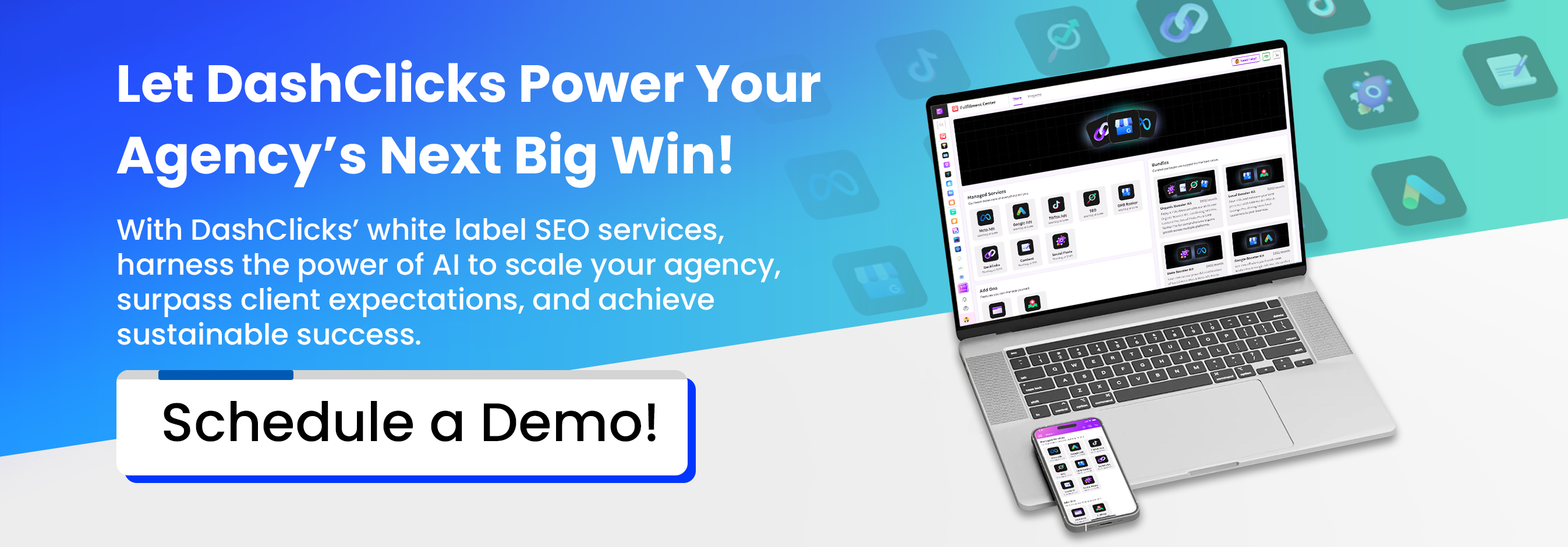The year is 2025, and artificial intelligence has fundamentally transformed how SEO agencies operate worldwide. What began as experimental automation tools has evolved into sophisticated systems that can analyze search patterns, generate content strategies, and predict ranking fluctuations with remarkable accuracy. The question is no longer whether your agency should embrace AI-powered solutions—it’s whether you can afford not to.
Every digital marketing agency faces mounting pressure from clients who expect faster results, deeper insights, and more competitive pricing. Traditional SEO methods, while still valuable, simply cannot match the speed and scale that white label SEO providers now offer through AI integration. According to recent industry surveys, 78% of SEO professionals report using AI tools in their daily workflows, with that number expected to increase.
This shift represents more than just technological advancement—it’s a complete reimagining of how SEO services are delivered, measured, and optimized. Agencies that partner with AI-driven white label providers gain access to capabilities that would require millions in development costs and years of machine learning expertise to build internally.
In this comprehensive guide, we’ll explore how AI is revolutionizing white label SEO services, establish clear benchmarks for what agencies should expect from their providers, and outline actionable strategies to maintain competitive advantage in an increasingly automated landscape.
The AI Tipping Point in White Label SEO
The Evolution of AI in SEO: From Trend to Necessity
AI integration in SEO has progressed through distinct phases. Early adopters experimented with basic keyword research tools and content generators. Mid-stage implementation introduced predictive analytics and automated reporting. Today's mature AI applications encompass comprehensive site audits, real-time optimization recommendations, and sophisticated competitor analysis.
Search engines themselves have accelerated this evolution. Google's RankBrain, BERT, and MUM updates demonstrate how AI processes user intent and content relevance. Agencies must match this sophistication to remain effective.
Why Agencies Can't Afford to Ignore AI Anymore?
Manual SEO processes that once took weeks now complete in hours through AI automation. Keyword research that required extensive spreadsheet analysis happens instantly through machine learning algorithms. Technical audits that demanded specialized expertise are now accessible through AI-powered tools that identify and prioritize issues automatically.
Agencies operating without AI face several critical disadvantages: longer project timelines, higher operational costs, reduced accuracy in competitive analysis, and limited scalability for growing client portfolios.

Image Source: SearchEngineLand
The Core Role of AI in Modern SEO Delivery
Modern SEO automation has transformed every aspect of search engine optimization, from initial audits to ongoing performance monitoring.
- Keyword Research and Intent Mapping: AI algorithms analyze search patterns across millions of queries to identify intent clusters and semantic relationships that manual research often misses. Advanced SEO tools map user journey stages to specific keyword groups, enabling more targeted content strategies.
- Technical Audits and On-Page Optimization: Machine learning models crawl websites and instantly identify technical issues, prioritizing fixes based on potential ranking impact. AI-powered tools analyze page speed, mobile usability, and core web vitals while providing specific optimization recommendations.
- Content Generation and Topic Clustering: Natural language processing creates comprehensive content briefs that align with search intent and competitive analysis. AI identifies topic clusters and internal linking opportunities that strengthen overall site authority.
AI vs. Manual SEO Turnaround Time Comparison
Consider a typical 50-page website audit: manual analysis requires 15-20 hours across keyword research, technical review, and competitive assessment. AI-powered tools complete the same analysis in 2-3 hours while identifying additional optimization opportunities that manual processes might overlook.
This efficiency gain allows agencies to serve more clients without proportionally increasing staff, improving profit margins while maintaining service quality.
What to Demand from AI-Ready White Label SEO Providers?
Artificial intelligence isn’t just a buzzword in SEO anymore—it’s the engine that can supercharge your agency’s efficiency, accuracy, and results. But not all “AI-powered” SEO providers are created equal. To deliver the best outcomes for your clients, you need a partner whose AI tools go beyond flashy dashboards and actually drive measurable results.
Here’s what your agency should look for when evaluating AI-ready white label SEO services providers:
1. AI-Powered SEO Audits & Recommendations
Your provider should deliver more than a basic health check. Look for automated, AI-driven audits that run continuously, not just once a month. Your provider should:
- Detect technical SEO issues before they hurt rankings.
- Utilize crawlers that adapt their analysis based on site architecture and industry benchmarks. These systems should identify not just current issues but predict potential problems based on site trajectory and algorithm trends.
- Employ AI models that flag potential ranking risks before they impact performance. This proactive approach prevents traffic losses rather than simply reacting to them.
- Use machine learning models trained on industry-specific data to prioritize fixes that deliver the biggest impact.
- Offer customized, niche-specific recommendations—because a roofing contractor and an e-commerce fashion store shouldn’t get the same playbook.
By spotting problems early and delivering action-ready solutions, AI-powered audits can save you hours of manual work and help your clients avoid costly ranking drops.
2. Scalable AI Content Solutions
Great SEO is fueled by great content, and AI can help you create it at scale without sacrificing quality. The right provider should offer:
- AI-generated content briefs that pull from semantic keyword mapping and topical authority models.
- Generate content strategies using natural language processing to analyze top-ranking competitors, identify content gaps, and create comprehensive briefs that align with search intent.
- AI should identify featured snippet opportunities and generate structured content specifically designed to capture these high-visibility positions.
- Content should undergo AI-powered optimization that maintains readability while strategically incorporating target keywords and semantic variations.
- Competitor gap analysis so you know exactly what your clients’ rivals are ranking for—and how to beat them.
- Brand consistency checks that ensure every piece of content sounds like it came from your client’s team, not a generic AI bot.
This allows your agency to produce high-performing, SEO-friendly content faster, keeping up with even the most aggressive publishing schedules.
3. Smart Link Building With AI
The right backlinks can transform rankings, but bad links can sink them just as fast. AI-powered link-building can:
- Identify high-authority, relevant link opportunities based on a site’s niche relevance scores, domain authority, and audience.
- Flag risky, spammy domains before your team wastes time or damages client reputations.
- Analyze link profiles to uncover missing authority signals compared to competitors.
- AI systems should monitor link acquisition patterns to maintain natural growth profiles that avoid algorithmic penalties.
This means you’re building smarter—not just faster—link strategies that deliver long-term SEO gains.
4. Real-Time, AI-Enhanced Reporting Dashboards
Your provider’s reporting should go beyond raw numbers. Look for dashboards that:
- Feature real-time anomaly detection to alert you to sudden ranking drops, traffic surges, or technical issues.
- Use predictive analytics to forecast SEO trends and campaign performance.
- Deliver AI-generated insights that translate technical jargon into client-friendly narratives, making your reports easier to understand and sell.
- AI should transform complex data into clear, visual narratives that clients can easily understand and act upon.
- All AI-generated reports and dashboards should seamlessly integrate your agency branding without revealing third-party involvement.
These tools don’t just report the past—they help you and your clients anticipate the future, making strategy adjustments before problems arise.

Ethical AI Use: What Providers Should Promise
AI has opened up incredible possibilities for scaling SEO services—but without strong ethical boundaries, it can just as easily harm rankings, brand credibility, and client trust. That’s why agencies must demand that their white label SEO agency follows clear ethical AI standards.
Ethical AI in SEO means:
- No Spun or Low-Quality Content — All content must be original, relevant, and written to serve the end user, not just search engines. Spun or mass-generated text is a shortcut to penalties. You should check using a trusted AI detector if your provider is delivering AI-generated content.
- No Data Privacy Violations — AI tools should never harvest, store, or use sensitive client data without explicit consent and proper encryption. GDPR, CCPA, and other compliance standards should be a baseline, not an afterthought.
- Transparency in AI-Generated Work - Providers should identify which elements involve AI assistance while maintaining quality standards that match human-created work.
- No Black-Hat Automation — This includes AI tools that automate spammy link building, keyword stuffing, or cloaking—tactics that may deliver short-lived gains but can destroy long-term SEO credibility.
The best providers will publish transparent AI usage policies that explain:
- How their AI models are trained and what data sources they use?
- Where automation is applied, and where human oversight steps in?
- How compliance and ethical safeguards are enforced at every stage?
When providers commit to ethical AI, agencies can confidently scale their SEO offerings without putting clients’ reputations—or rankings—at risk.
AI + Human: The Balance Agencies Should Look For
AI can process massive datasets in seconds, run 24/7 audits, and spot patterns invisible to the human eye. It can also automate repetitive, time-consuming SEO tasks so agencies can work faster and at scale.
But here’s the truth—AI alone isn’t enough. Pure automation lacks the strategic thinking and creative problem-solving that complex SEO challenges require. AI excels at data processing and pattern recognition but struggles with nuanced strategic decisions and client-specific customization.
Without strategic human direction, AI insights can lack nuance, creativity, and context. The most successful SEO campaigns happen when automation and human expertise work hand in hand.
A high-quality provider will be upfront about how they strike this balance, explaining:
Where AI Takes the Lead:
- Technical audits that catch site errors in real time.
- Predictive modeling to forecast ranking changes and traffic trends.
- Large-scale keyword and competitor analysis.
Where Humans Add Value:
- Crafting strategies that match brand tone, market position, and goals.
- Fine-tuning AI recommendations based on real-world market conditions.
- Building authentic relationships for high-quality link acquisition.
- Managing ongoing client communications with a personal touch.
When automation handles the heavy lifting and humans guide the creative and strategic elements, agencies can offer both speed and depth—delivering campaigns that are data-backed, brand-true, and results-driven.
The most effective white label SEO services use AI to amplify human expertise rather than eliminate it. This approach combines algorithmic efficiency with strategic thinking and creative insight.

Questions Agencies Should Ask Their Providers?
A. What AI Tools Are in Your SEO Stack?
Providers should detail specific AI platforms they use and explain how each tool enhances their service delivery. Look for diverse toolsets rather than reliance on single solutions.
B. How Do You Ensure Content Quality With AI?
Quality control processes should include human review stages, plagiarism checking, and brand voice alignment protocols.
C. Do You Optimize for Generative Search/SGE?
Search Generative Experience optimization requires specialized AI understanding. Providers should demonstrate experience optimizing for AI-powered search results.
D. Can You Provide AI-Powered Reporting Dashboards?
Advanced reporting capabilities should include predictive analytics, anomaly detection, and automated insights generation with white label customization options.
DashClicks: Your AI-Ready White Label SEO Partner
DashClicks understands that agencies need white label SEO providers who combine cutting-edge AI capabilities with proven human expertise. Their white label SEO services integrate advanced AI tools for keyword research, content optimization, and technical auditing while maintaining the strategic oversight that complex SEO campaigns require.
Their AI-powered reporting dashboards provide real-time insights with full white label customization, allowing your agency to present professional, branded reports that showcase measurable results. They provide -
- Real-time SEO health monitoring to detect and fix issues before rankings drop.
- AI-powered keyword forecasting that identifies profitable opportunities months ahead of the competition.
- Machine learning-based ranking predictions to guide campaign planning and budget allocation.
- Visual dashboards that make complex data easy to understand and present.
- Insights that help prevent churn by showing clients exactly how SEO is driving measurable business outcomes.
SEO specialists at DashClicks review every recommendation to ensure it fits the client’s brand voice, industry, and audience. This means every deliverable is both technically optimized and strategically aligned. DashClicks' approach exemplifies the AI-augmented model that successful agencies demand: technology that amplifies human expertise rather than replacing it.
Staying Updated With Upcoming SEO Trends (2025 Edition)
- The Role of Core Web Vitals: AI monitoring systems now track Core Web Vitals in real-time, providing instant optimization recommendations as performance metrics change. Advanced providers use machine learning to predict how site modifications will impact user experience scores before implementation.
- Emerging AI-Driven Algorithms: Google's continued AI integration affects how search engines interpret content quality, user intent, and relevance signals. Recent analysis shows that AI Overviews now feature in 18.76% of Google searches, reflecting the rising prominence of generative AI in shaping search results.
- Constant Learning: Stay current through AI-focused SEO certifications, attend machine learning workshops specific to search marketing, and participate in industry forums discussing AI implementation strategies.
- AI Image/Video Optimization for SEO: Visual content optimization now requires AI-powered alt text generation, automated image compression, and video content analysis for search visibility.
- Voice and Visual Search Readiness: AI enables sophisticated optimization for voice queries and visual search patterns, requiring providers who understand these emerging search behaviors.
- Multilingual SEO via Machine Translation: AI-powered translation and localization services allow agencies to expand client reach across multiple markets with accurate, culturally appropriate optimization.
- Personalized Search Predictions With AI Analytics: Advanced AI systems predict individual user search patterns, enabling hyper-targeted optimization strategies that adapt to specific audience segments.
Thriving in the AI-Powered SEO Landscape
AI integration in white label SEO has moved beyond optional enhancement to an operational necessity. Agencies that adapt strategically will capture competitive advantages through faster delivery, deeper insights, and superior client results. Those that resist risk obsolescence as AI-powered competitors dominate the market.
Success requires partnering with white label providers who balance AI efficiency with human expertise. Demand transparency in AI usage, ethical implementation practices, and comprehensive reporting capabilities. Most importantly, seek providers who view AI as a tool to enhance human creativity and strategic thinking rather than eliminate it.
The agencies thriving in 2025 are those that embraced AI early, integrated it thoughtfully, and maintained focus on delivering measurable client value. Your competitive edge depends on making strategic AI adoption decisions today that position your agency for long-term success in an increasingly automated industry.



.svg)

.svg)
.svg)
.svg)
.svg)
.svg)

.svg)




.svg)
.svg)
.svg)
.svg)
.svg)